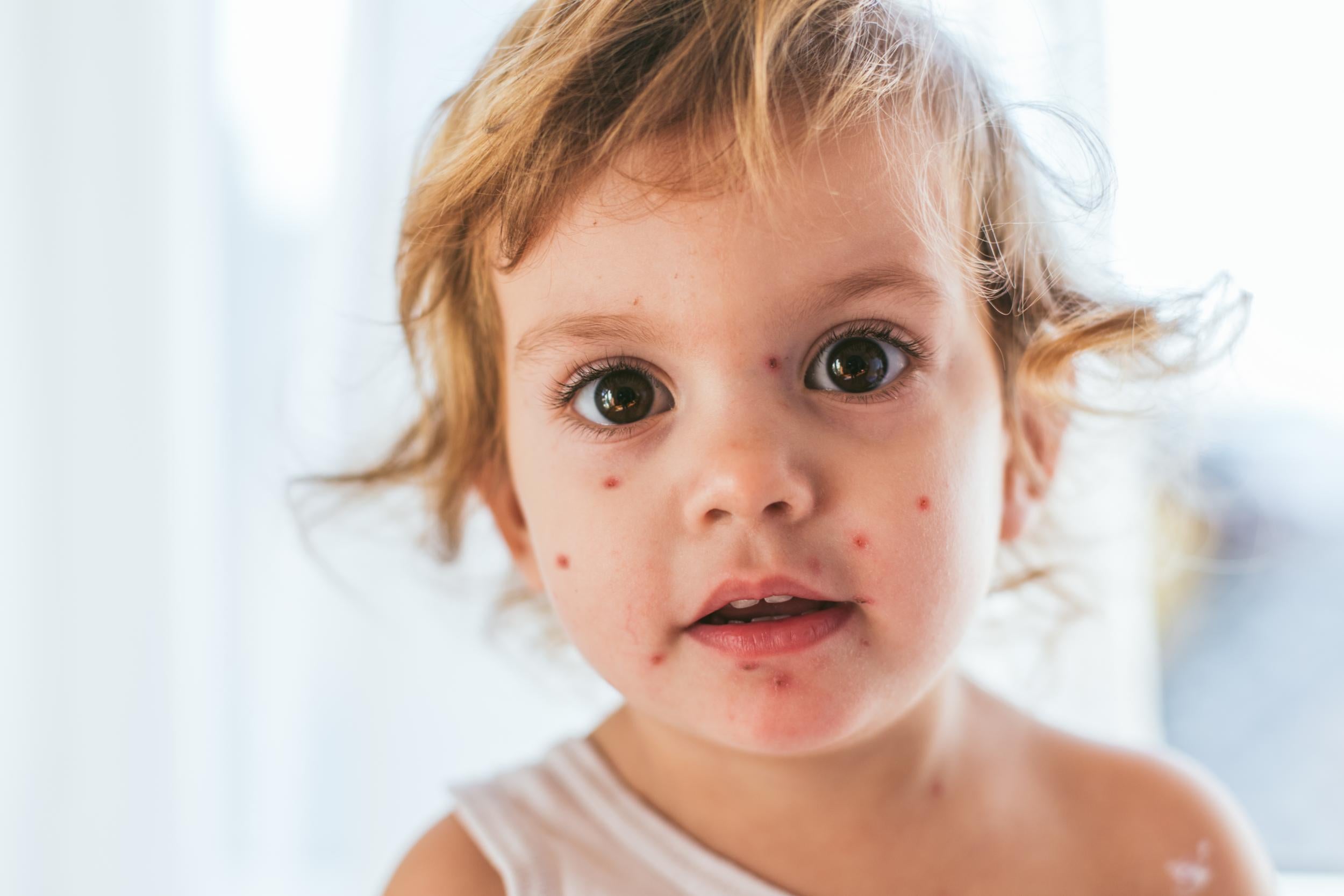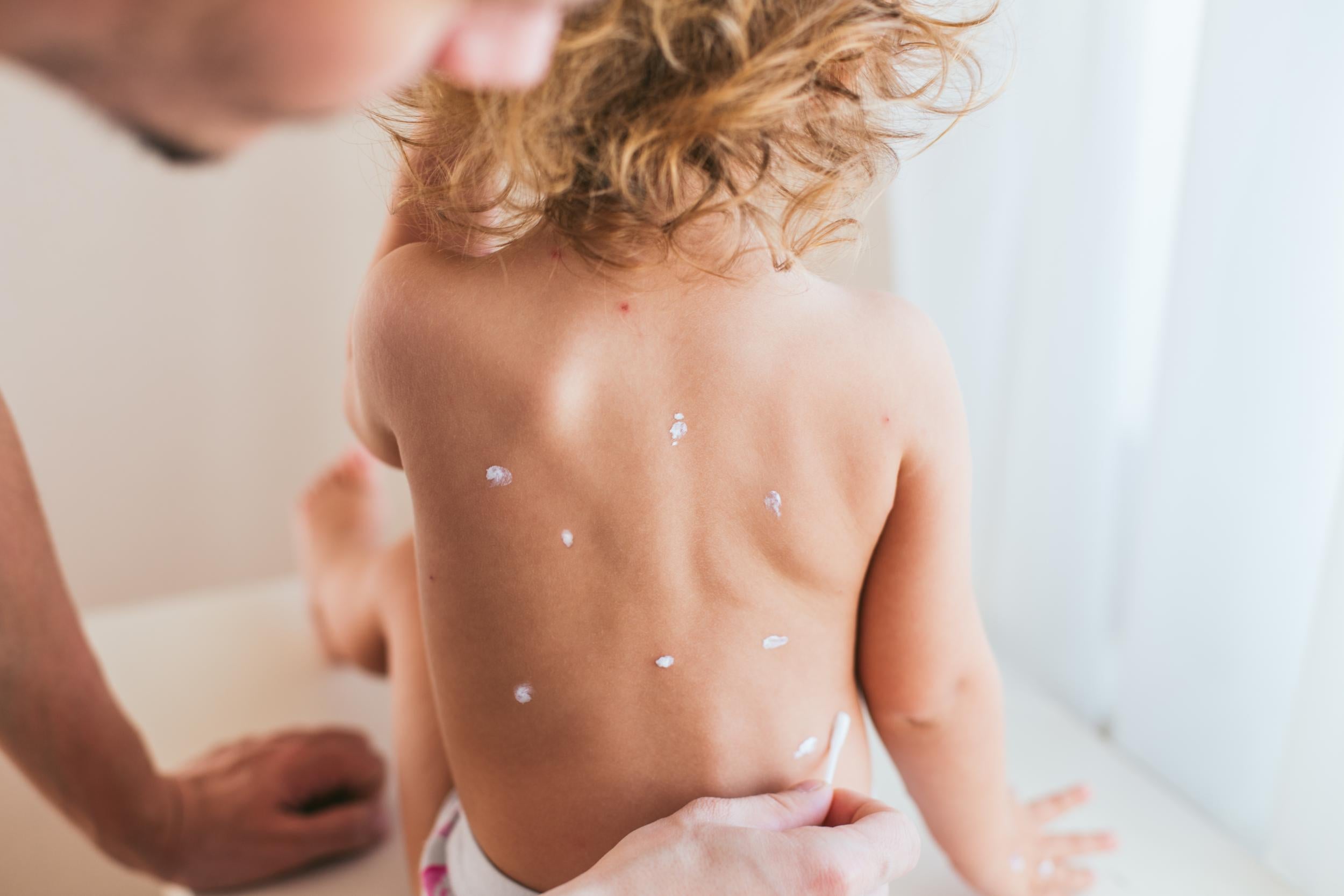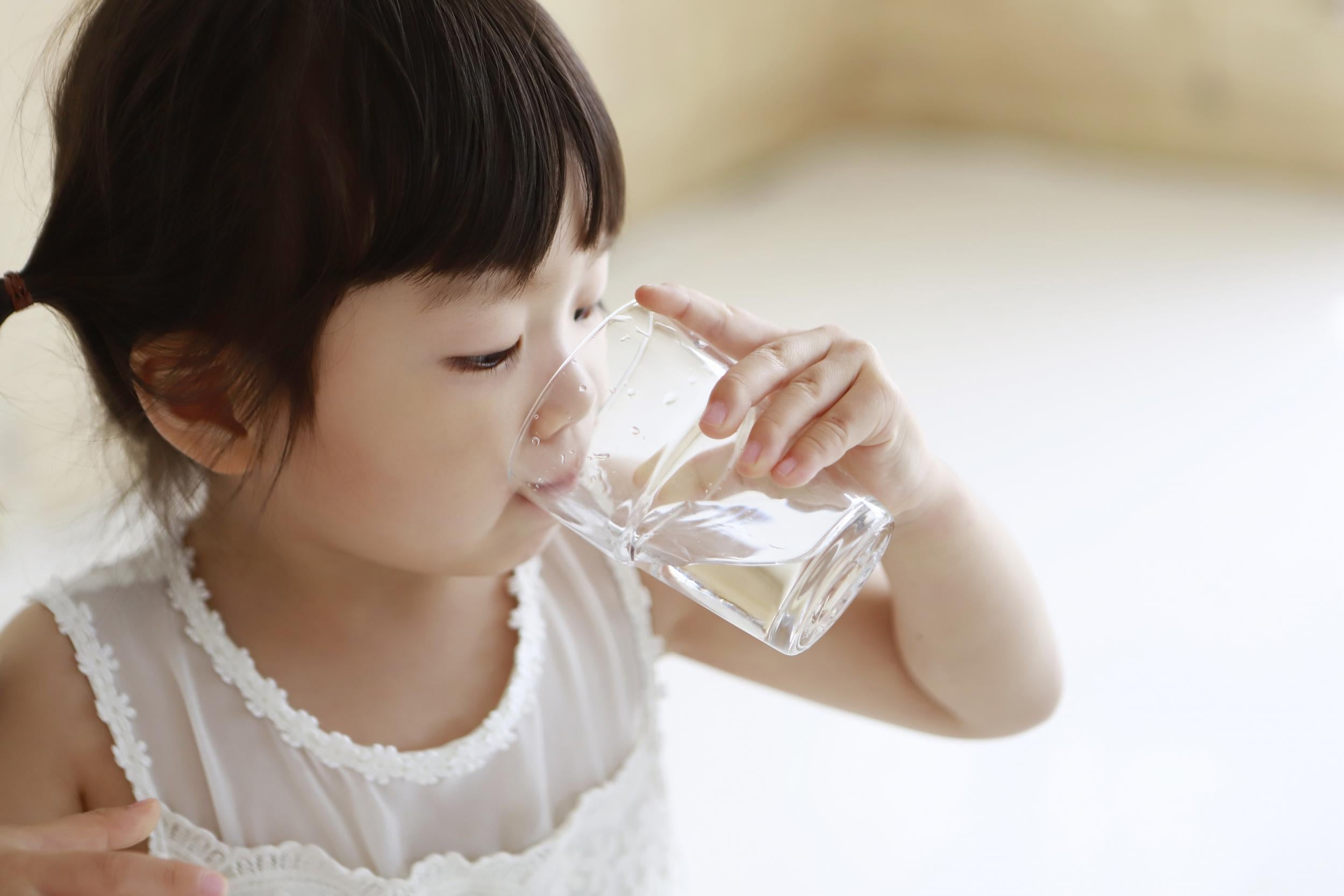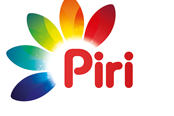Chickenpox dos and don'ts: useful tips for dealing with the illness
How to help your child the moment it strikes

Though chickenpox is a mild illness, it’s highly infectious and can cause distress and discomfort for your child. Here’s what to bear in mind…
Don’t use ibuprofen or aspirin.
While paracetamol is fine to give and can help with a high temperature and aches and pains, ibuprofen can, in some cases, cause severe skin infections. It’s also important not to give children aspirin, as it may cause a serious condition called Reye’s Syndrome.
Do treat the itch.
Chickenpox is famed for its itchy spots, but scratching can lead to scarring or infection, so try using a cooling cream or gel, or calamine lotion and consider giving them Piriton syrup (from age one) or tablets (from age six), which has been found to reduce the itching associated with chickenpox.

Do help them to have a restful night.
Itchy spots can play havoc with sleep, so apply cooling cream or gel liberally before bed. Soft bedding that doesn’t make them too hot can also help.
Don’t send your child to school or nursery while they’re infectious, which is until the final spot has crusted over.
This is usually five days from the start of the rash. Chickenpox is extremely contagious and, although usually mild in children, can cause serious complications for pregnant women, newborns and those with weakened immune systems.
Do keep your child hydrated.
Drinking plenty of water will help their body get rid of the virus more quickly and prevent dehydration. If your child has spots in their mouth and they’re finding it hard to drink, frozen sugar-free lollies are a good option.

Don’t let them scratch.
This is a tricky one, particularly with young children, but putting mittens or cotton socks on their hands at night can help stop them scratching. Keeping nails short is another must. Encouraging them to pat – rather than scratch – their skin when it itches can also help.
Do head for the bathroom.
A lukewarm bath can help soothe itchy skin, especially if you add finely ground oatmeal or an oatmeal-based bath product to running water. Gently pat skin dry and use a separate clean towel for the infected person.
Do get cleaning.
Keeping skin and spots clean by bathing regularly will help avoid infection, as will changing clothing and bedding frequently.
Don’t let them wear clothes that irritate skin.
They may want to wear their favourite woolly jumper, but loose, cool, soft materials such as smooth cotton are best.
Do monitor the rash closely.
Seek medical advice if the skin around the spots becomes red, hot or painful, as it may be a sign of infection. Also speak to a GP is you're not sure it's chickenpox, if your child is dehydrated or you're concerned about your child or they get worse.
Click to find out more
Help at hand
If your child is suffering from chickenpox you’ll want to help soothe their symptoms and make them as comfortable as possible. Piriton Syrup from 12 months of age and Piriton Allergy Tablets from 6 years of age, can offer effective relief from the itchiness of chickenpox. Find out more here, or click here to buy online. (i)(ii)
Piriton Syrup and Piriton Allergy Tablets contain chlorphenamine maleate for allergy relief. Always read the label. (i)(ii)
(i) Piriton Syrup- Summary of Product Characteristics:
https://www.medicines.org.uk/emc/product/3928/smpc
(ii) Piriton Tablets- Summary of Product Characteristics:
https://www.medicines.org.uk/emc/product/3927/smpc
CHGBI/CHPIRI/0029/19
Trademarks are owned by or licensed to the GSK group of companies.

Bookmark popover
Removed from bookmarks